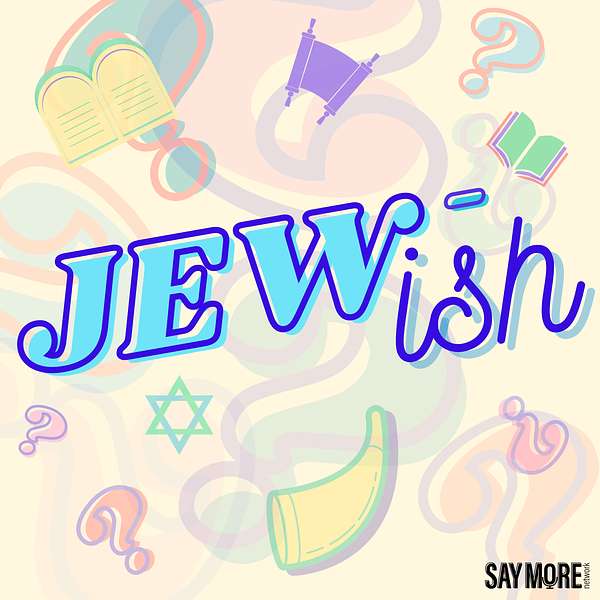
Jew-ish
What is being "Jewish"? What are Jews? What do Jews believe? What do Jews do? What's happening in those mysterious synagogues with all that weird language (it's Hebrew)?
Jew curious?
The thing about being Jewish is, you can't tell us apart by looking (well, not always), we often look the same, dress the same, work and play and eat right alongside our non-Jewish counterparts, and yet, as a teeny tiny minority--only 0.2% of the global population, and 2-3% of the U.S. population--plenty of people have probably never met a Jewish person, or if they did, they didn't even know it.
For as much as we share (and it's probably way more than you think), somehow, moving through the world as a Jew really is different. Everything looks different through a Jewish lens, even for those who aren't particularly religious, the ones who describe themselves as "Jew-ish."
But honestly, none of this is really that mysterious. And, if you're curious or confused, you can always just ask the internet--or, now you can also come here and check in with your new Jewish friend.
So, if you have questions about being Jewish, we're here to introduce, explain, ask alongside, and generally demystify Judaism for Members of the Tribe (Jews) and goyim (non-Jews) alike, exploring and showcasing the infinite ways there are to be Jewish.
Jew-ish
The Catholic to Jewish pipeline
Who knew there was such a thing? Well, Laurel Lehman discovered it along her conversion journey when, in college, her pastor told her there was a "well-trodden path" through the Episcopal Church to Judaism. And that's where she ended up. Apparently even though Bible study was never her thing, the intense pedantry we embrace and employ in our Torah study discussions really rang her bell. And so, while following an obsessive need to understand whether or not there was an “h” at the end of a transliterated Hebrew word, Laurel discovered her nascent Jewish soul. Laurel, welcome home.
Some of the names you heard in this episode include Rabbi Aaron Miller and Rabbi Eliana Fischel, whose rabbinical duties at Washington Hebrew Congregation include teaching adult education classes such as the 12 Jewish Questions Laurel mentions in the episode.
Abraham Joshua Heschel was a Polish rabbi and philosopher, deported from Germany by the Nazis in 1938, whose writings about Jewish spirituality, work on interfaith dialogue, and active presence in the American Civil Rights Movement made him well-known and respected among leaders across faiths during his lifetime.
GLOSSARY:
Tsuris: Yiddish for aggravation or distress.
Pedantic: to be annoyingly concerned with minor details, formal rules, or correcting small errors, especially as a way to show off knowledge.
Minion: A group of 10 people, the minimum amount of Jewish adults (traditionally men) that is required to say certain prayers that must be said communally.
Challah: the braided egg bread especially traditional to Ashkenazi (of Central or Eastern European descent) Jews and eaten on holidays, especially Shabbat, the Hebrew word for "sabbath."
Tzedakah: often translated as “charity,” the word actually means “justice.” While “doing tzedakah” may involve giving money or time to charities, it’s based on the idea that everyone is entitled to certain things in life, like enough food to eat, shelter and dignity, and helping to provide those things is not charitable, it’s balancing the scales of justice.
Mitzvah: often translated as “good deed,” the word actually means “commandment,” but has expanded to impart the idea that doing good deeds or "doing the right thing" is not a favor; it’s not optional, it is required.
G’mar Chatimah Tovah: (also spelled “g’mar chatima tova”) the greeting said at Yom Kippur (the Day of Atonement) meaning “a good final sealing” to wish someone a good year and being sealed in the Book of Life.
Kabbalah: A form of Jewish mysticism that became widespread in Provence and Spain in the 12th and 13th centuries and can involve searching for secret knowledge and hidden meaning in texts.
Tikkun Olam: meaning “world repair,” is a concept that all human beings are responsible for one another and the world, and for repairing harm and damage through their actions, big or small.
Hanukkiah: the 9-branched candelabra used to celebrate Hanukkah
https://reformjudaism.org/
Podcasts we love
Check out these other fine podcasts recommended by us, not an algorithm.
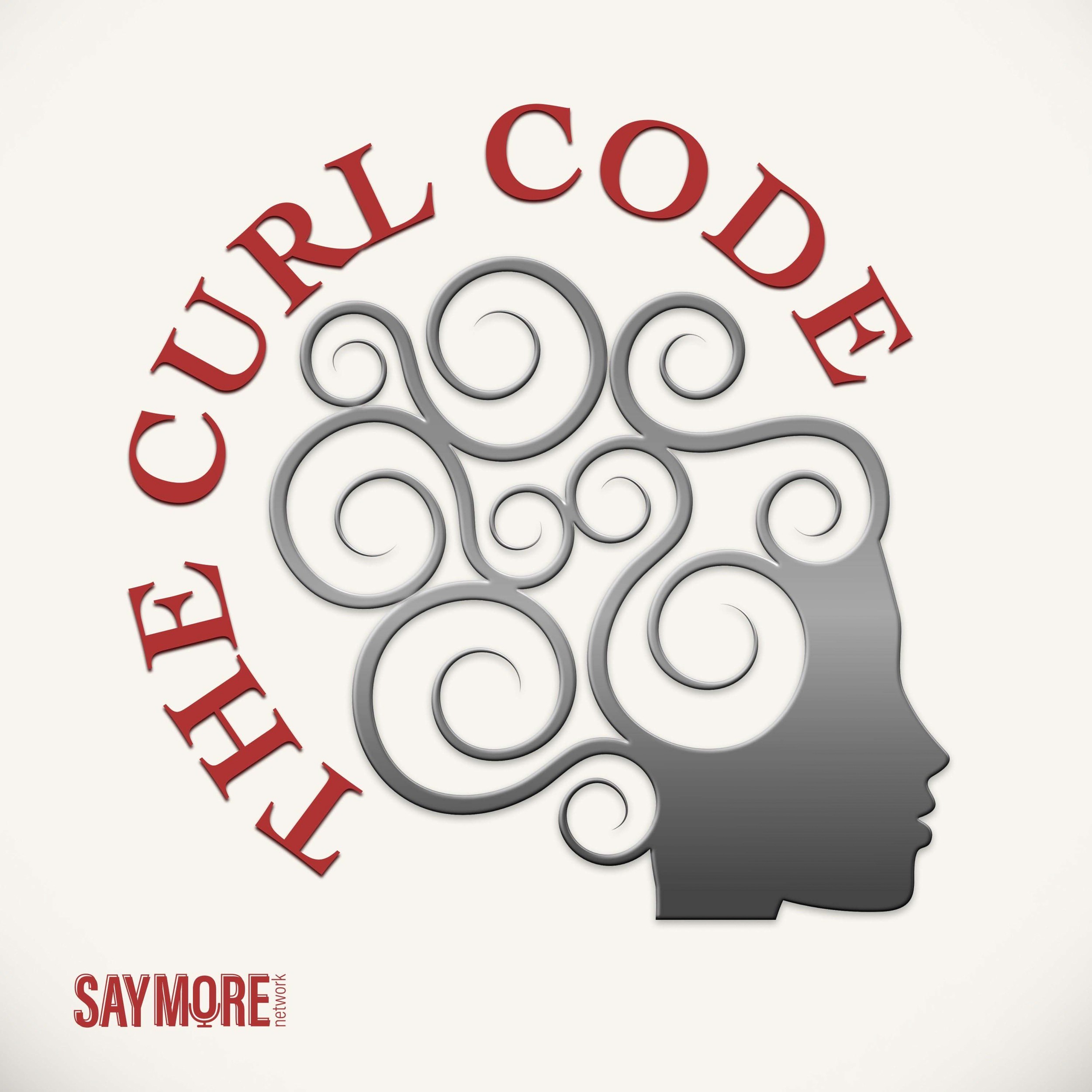
The Curl Code
Say More Network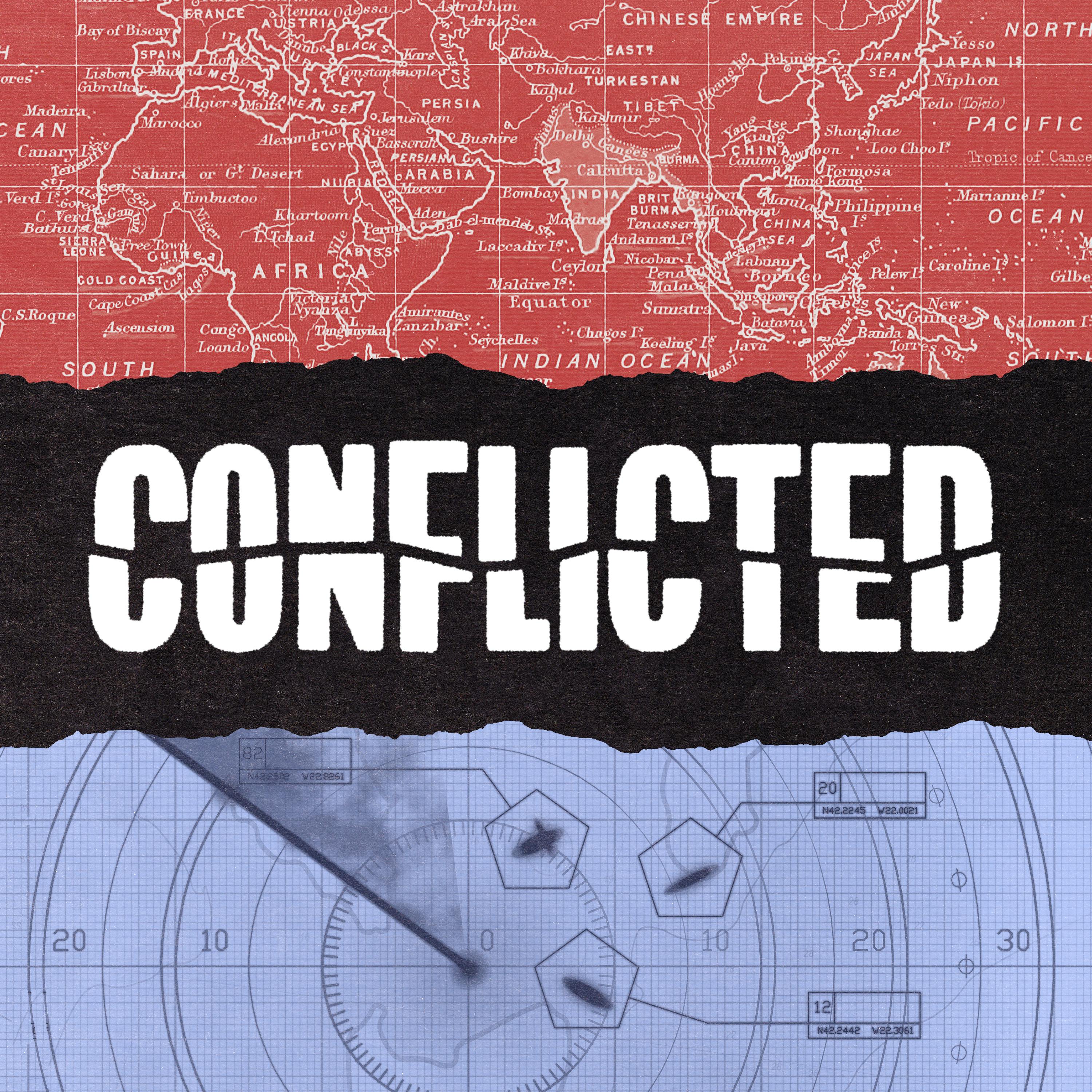
CONFLICTED
Message Heard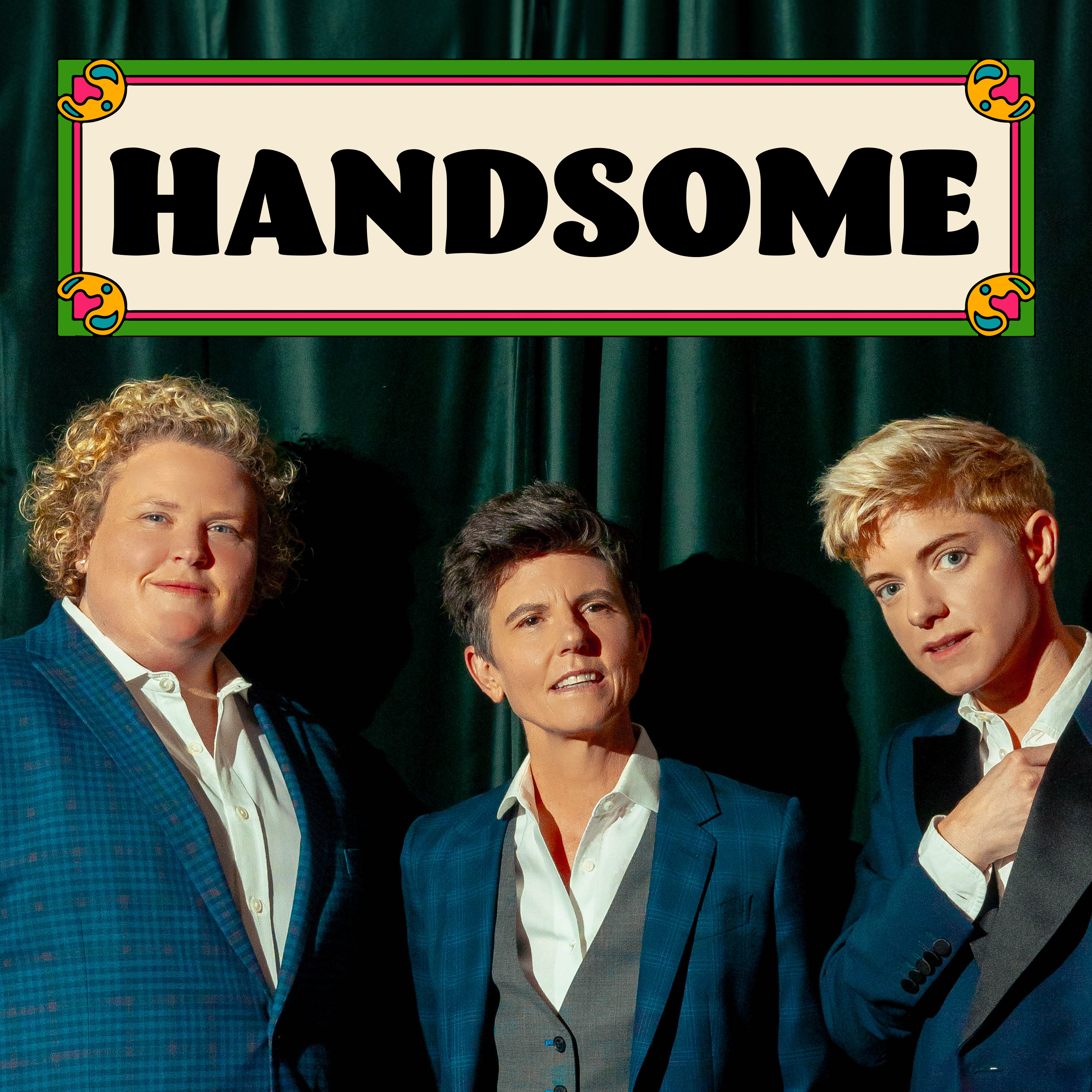
Handsome
Headgum
The Daily Stoic
Daily Stoic | Backyard Ventures
If Books Could Kill
Michael Hobbes & Peter Shamshiri
Stoic Coffee Break
Erick Cloward
Wiser Than Me with Julia Louis-Dreyfus
Lemonada Media
Maintenance Phase
Aubrey Gordon & Michael Hobbes
Serial
Serial Productions & The New York Times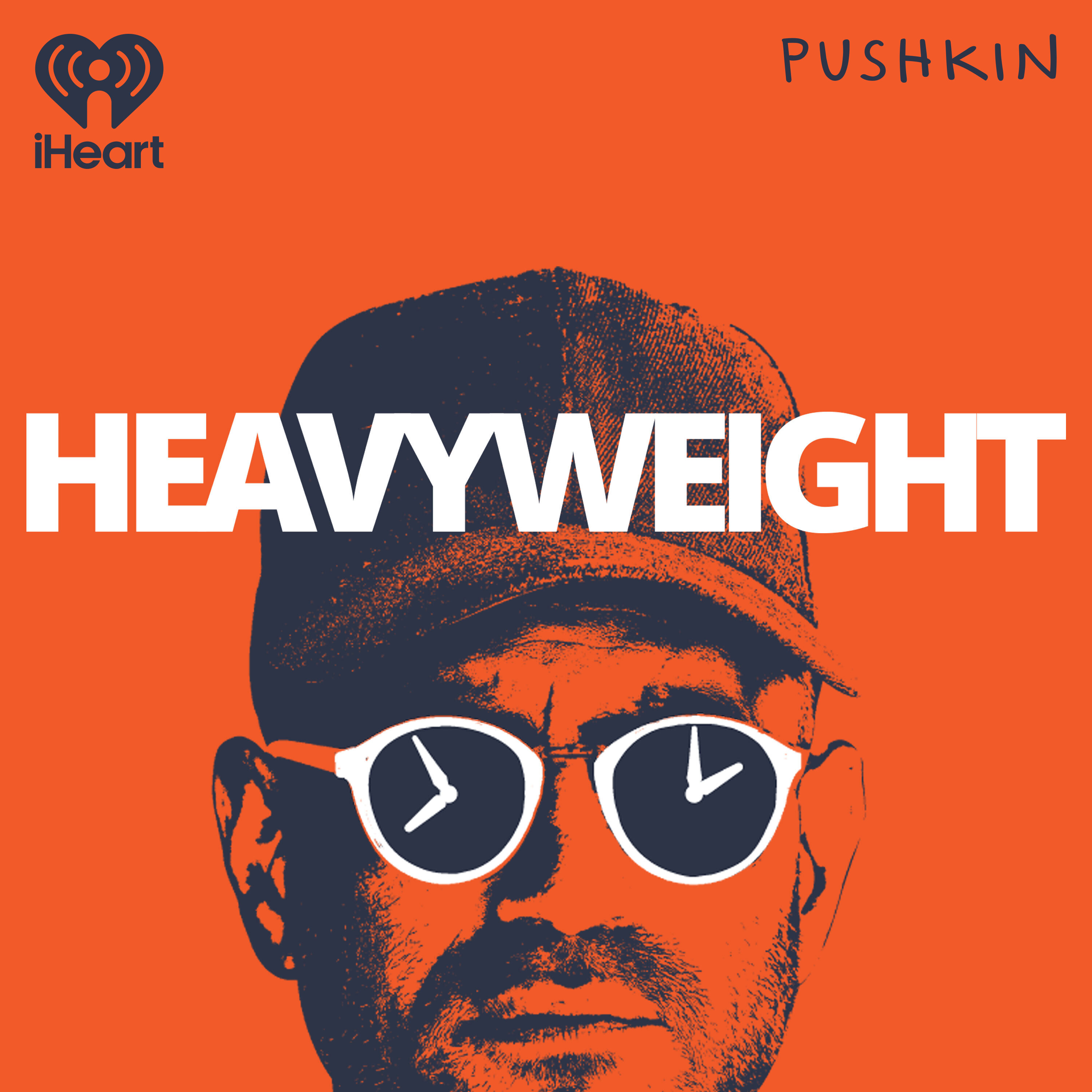
Heavyweight
Pushkin Industries
Radiolab
WNYC Studios
Throughline
NPR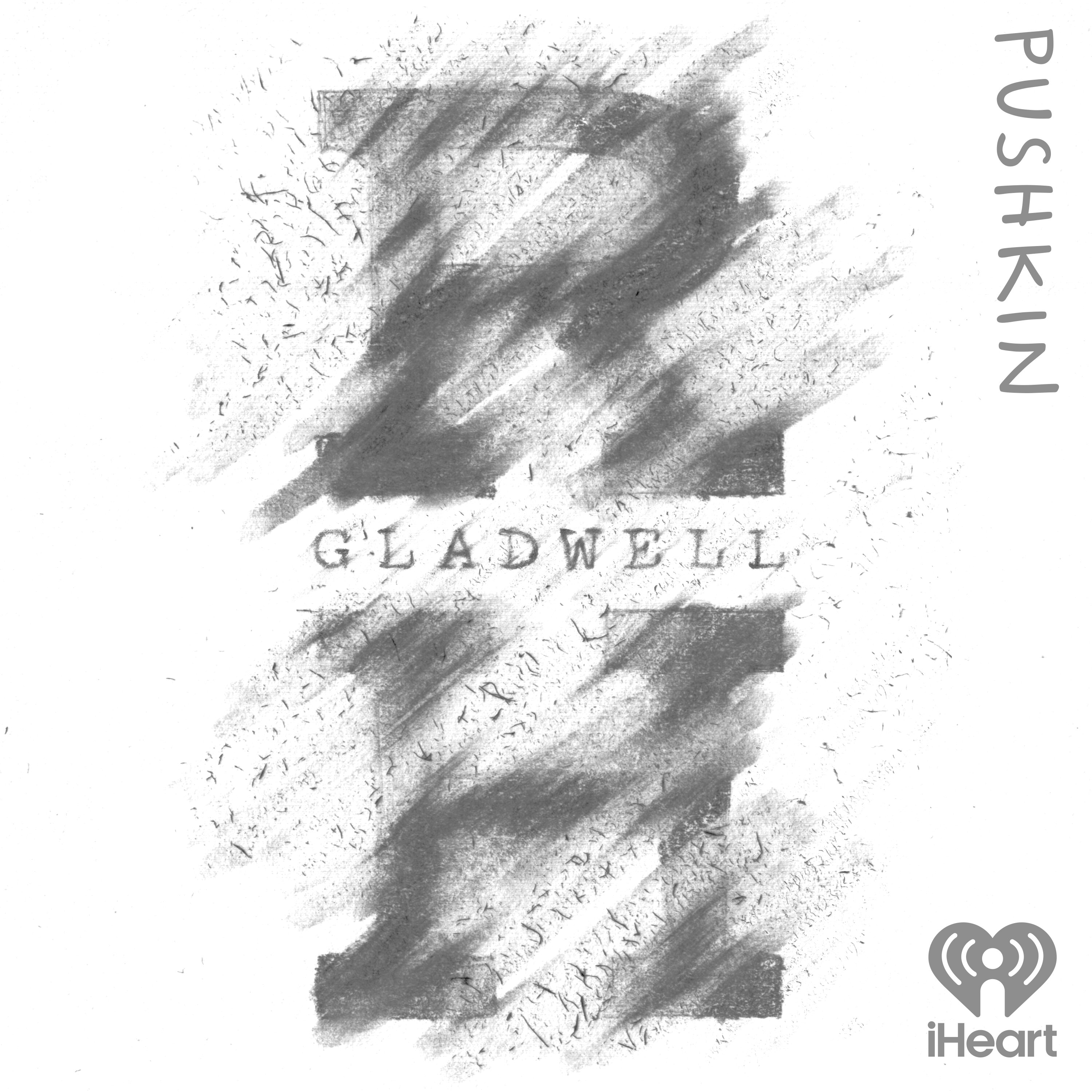
Revisionist History
Pushkin Industries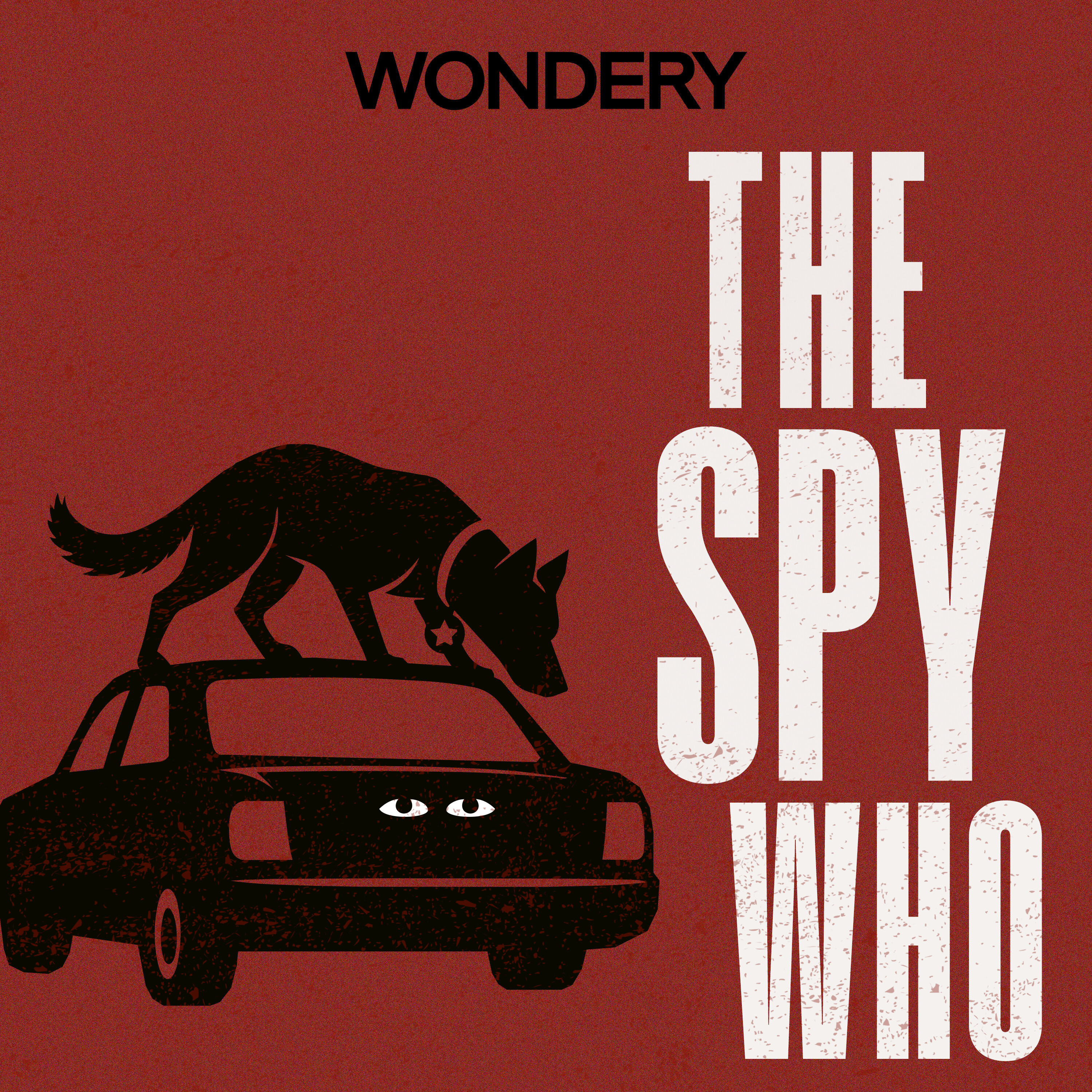
The Spy Who
Wondery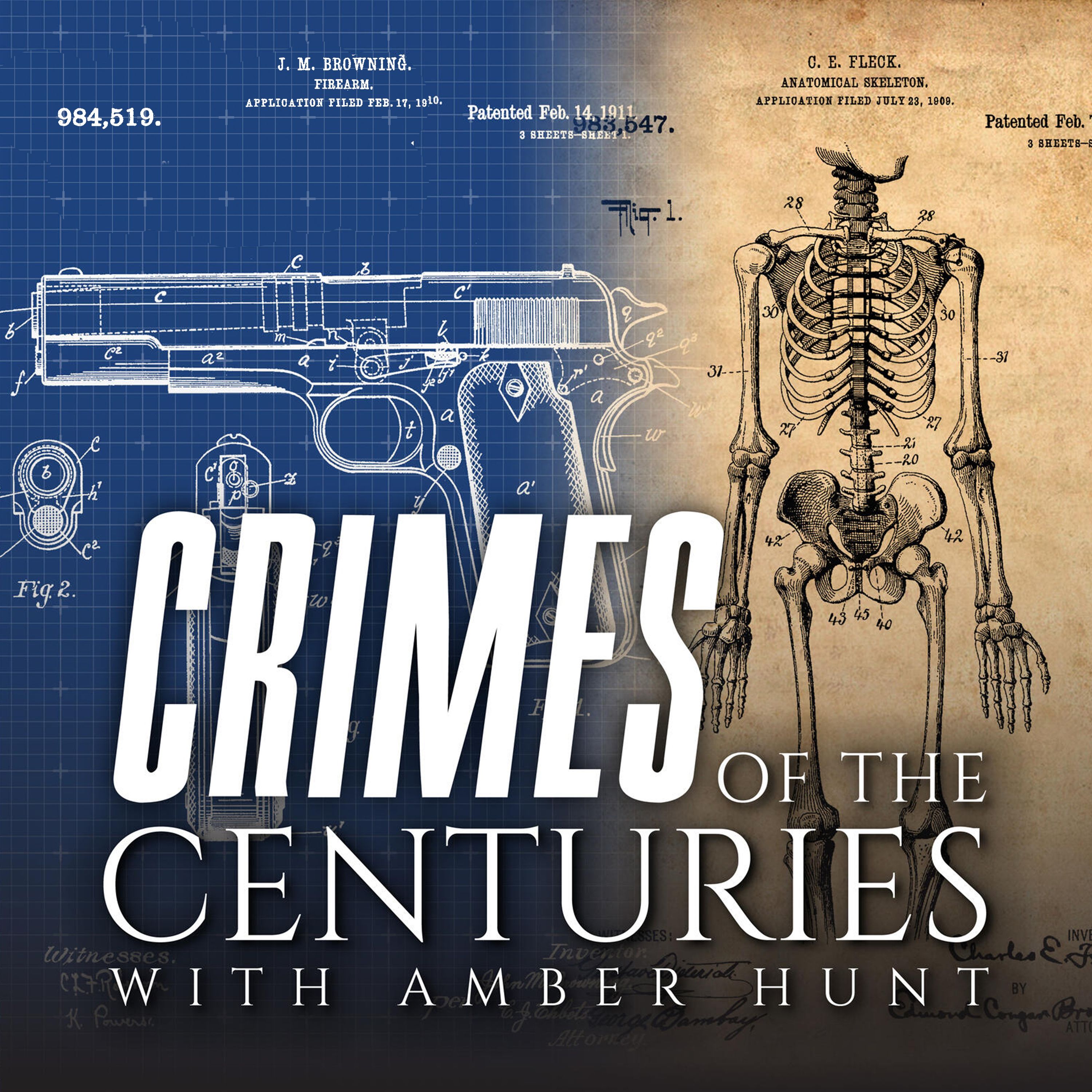
Crimes of the Centuries
Amber Hunt and Audioboom
Freakonomics Radio
Freakonomics Radio + Stitcher
DISGRACELAND
Double Elvis Productions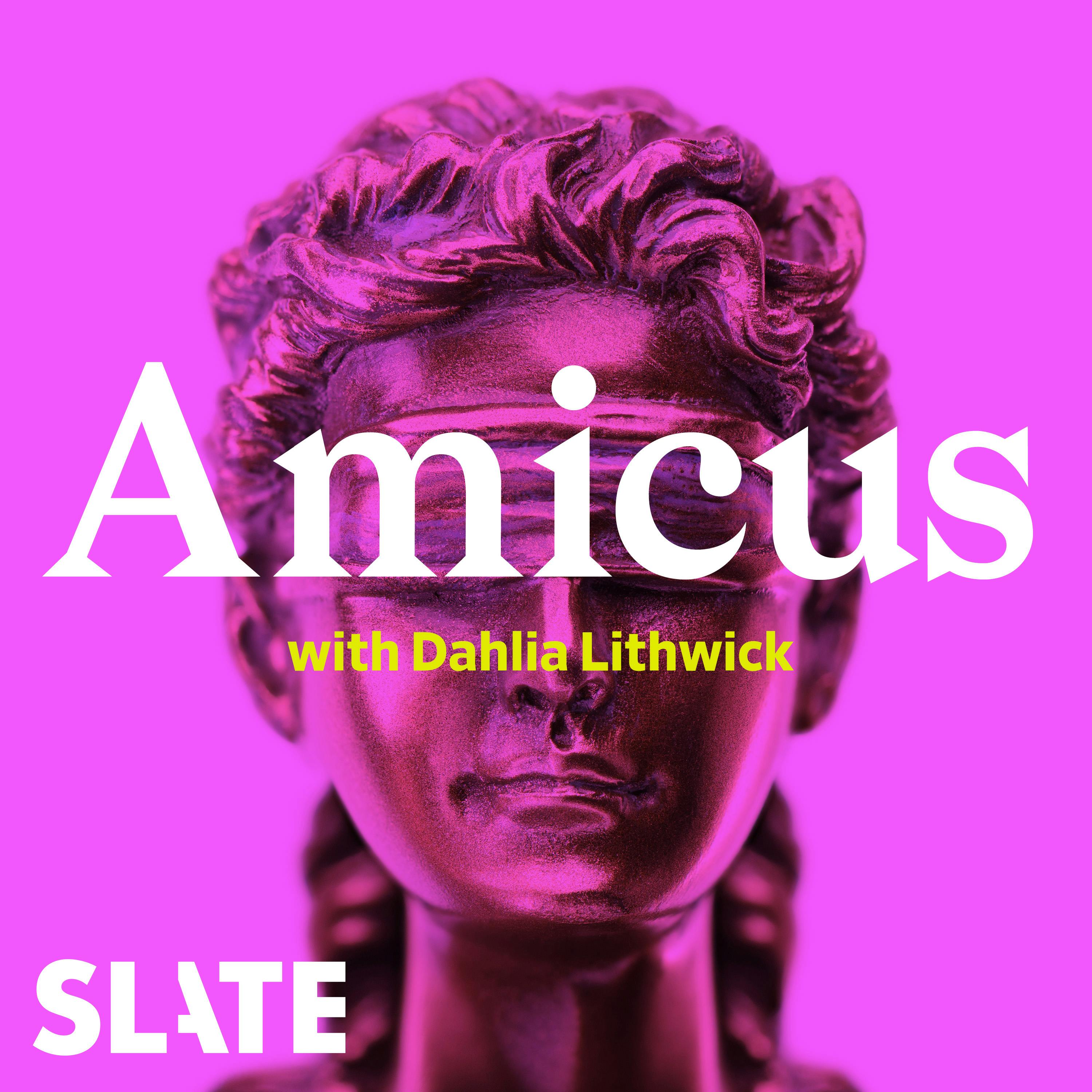
Amicus With Dahlia Lithwick | Law, justice, and the courts
Slate Podcasts
Decoder Ring
Slate Podcasts
Hidden Brain
Hidden Brain, Shankar Vedantam
Embedded
NPR
You Are Good
Sarah Marshall + Alex Steed

